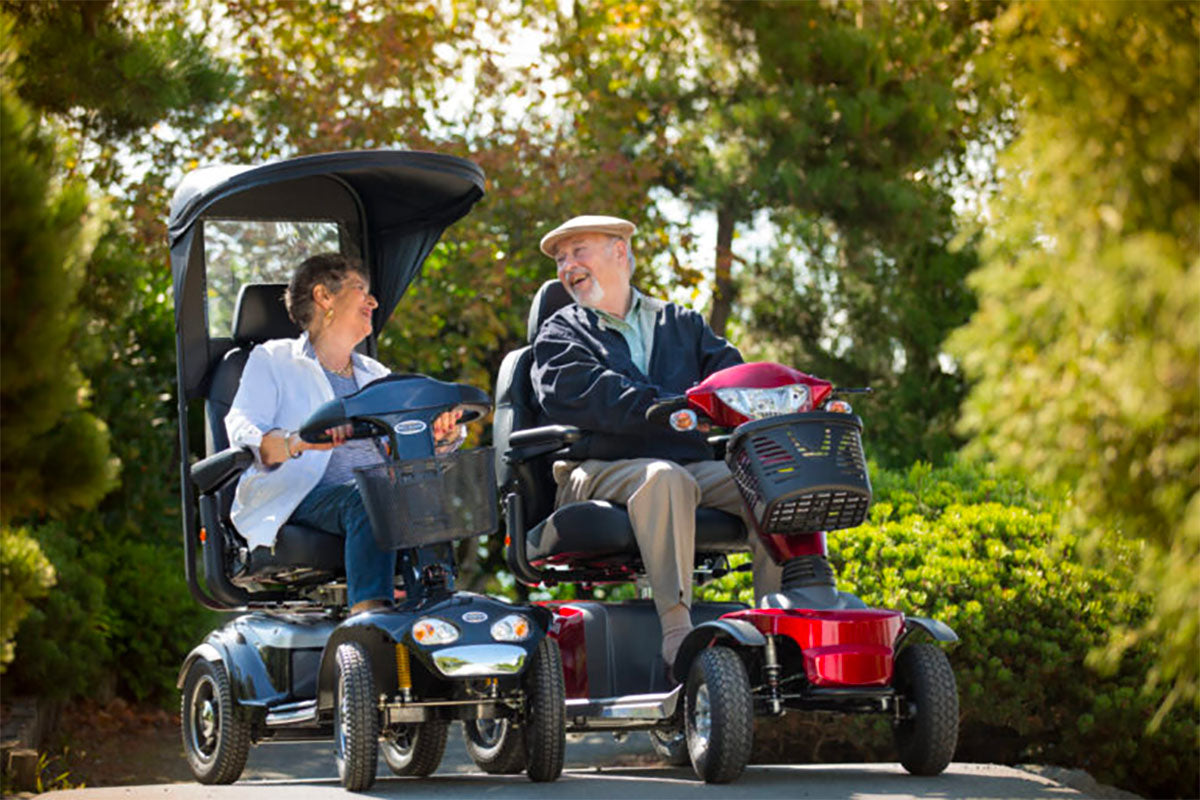As society continues to age, one important question arises: Is exploitation of the elderly a felony? This issue not only affects the victims themselves but also resonates with family members, caregivers, and society at large. Understanding the legal implications of elderly exploitation is crucial to safeguarding our loved ones and ensuring justice.

Elderly Exploitation: What Does It Involve?
The term ‘elderly exploitation’ refers to the act of taking advantage of older individuals, often through deceit, manipulation, or outright theft. This exploitation can manifest in various forms, including financial abuse, physical abuse, neglect, and emotional mistreatment.
The Different Forms of Elderly Exploitation
One of the most common types is financial exploitation, where perpetrators manipulate or deceive the elderly to gain control over their finances. This can include unauthorized withdrawals, coerced property transfers, and fraudulent investments. Other forms include physical abuse and neglect, where the elderly are deprived of basic needs like food, medication, or hygiene.
Is Exploitation of the Elderly Considered a Crime?
In many jurisdictions, exploitation of the elderly is indeed considered a felony. Law enforcement agencies and legal systems around the world recognize the vulnerability of seniors and have put in place laws to protect them. These laws make it a criminal offense to exploit the elderly, with penalties that can include fines, imprisonment, or both.
Understanding Felony Charges
A felony is a serious crime that typically results in severe legal consequences. When exploitation of the elderly is classified as a felony, it signifies the seriousness of the crime and the intent to provide strong deterrents against such behavior. Prosecutors must prove, beyond a reasonable doubt, that the accused intended to exploit and caused harm to the elderly individual.
Legal Protections and Resources for the Elderly
Various legal protections are in place to shield the elderly from exploitation. Many countries have enacted elder abuse laws, and there are often specialized task forces or agencies dedicated to investigating and prosecuting these offenses. Resources are available for both victims and families to report abuse and seek justice.
Seeking Help and Reporting Abuse
If you suspect elderly exploitation, it is crucial to act promptly. Contacting local authorities, seeking legal advice, and connecting with adult protective services can all be effective steps in addressing the issue. You might also consider utilizing a personal alert system to ensure the elderly can communicate emergencies effectively.
The Role of Caregivers and Family
Caregivers and family members play a vital role in preventing the exploitation of the elderly. By monitoring the elderly’s financial transactions, physical health, and emotional well-being, they can spot signs of abuse early. Regular communication and check-ins can help keep elderly individuals safe.
Preventive Measures
Simple measures, such as setting up direct deposits, using a hand massager for relaxation, or installing security systems, like a home monitoring system, can deter exploiters. These proactive steps help maintain independence while ensuring safety.
Conclusion: The Importance of Awareness
Understanding that elderly exploitation is a felony is critical for protecting vulnerable seniors. It is essential for everyone, from legal professionals to family members, to remain vigilant and knowledgeable about the warning signs and legal frameworks surrounding elderly abuse. This awareness enables more effective prevention and resolution of such heinous crimes.

FAQ Section
1. What legal actions can be taken against someone exploiting the elderly?
Legal actions may include filing charges for theft, fraud, or physical abuse, which could lead to fines, restitution, and imprisonment for the perpetrator.
2. Are there specific laws protecting the elderly from exploitation?
Yes, many countries have elder abuse laws providing specific legal measures to protect the elderly from various forms of abuse and exploitation.
3. How can family members help prevent elderly exploitation?
Family members can help by staying informed, monitoring financial transactions, communicating regularly, and using protective tools like a back massager for the elderly to enhance their comfort and safety.
This article contains affiliate links. We may earn a commission at no extra cost to you.

